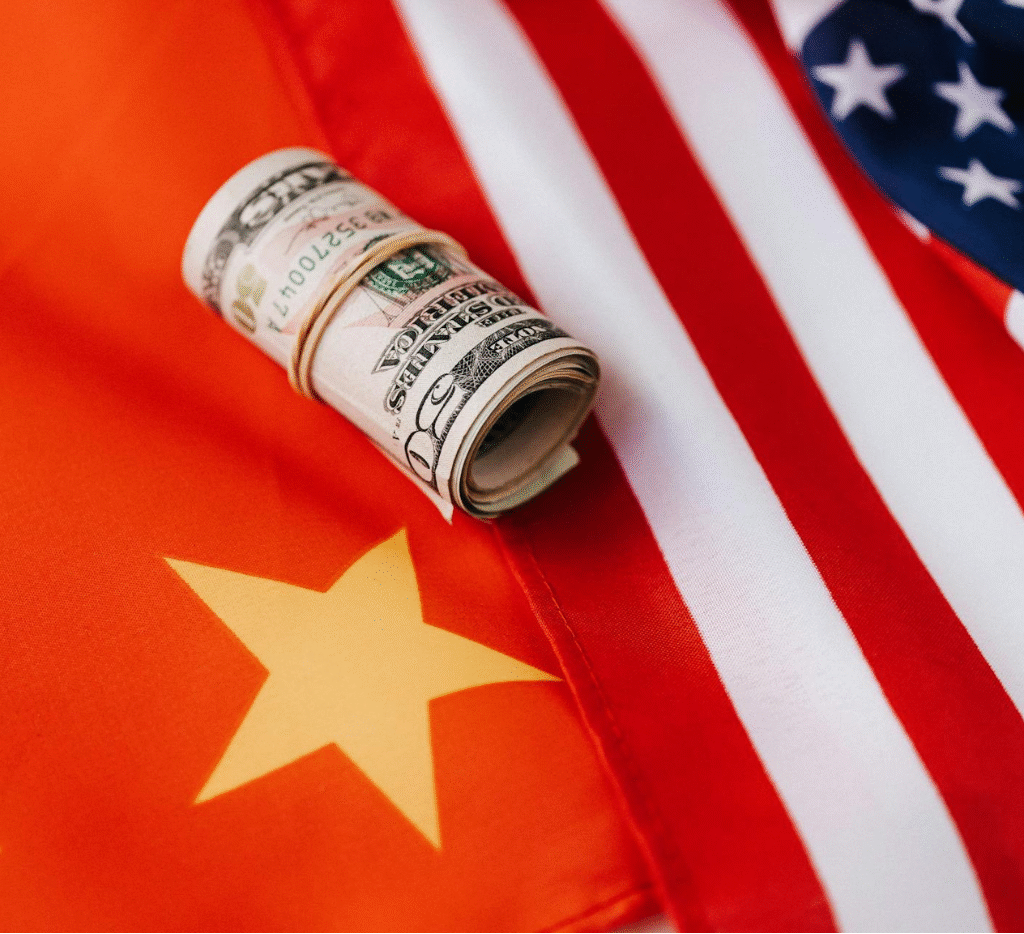Amber Talk
Enhance Your Conversation
Amber Talk
Enhance Your Conversation

Global Economic Shits
Breaking News
Scroll Down For Speaking Practice. Click ‘Practice Speaking Now’ to start.
Read
The global economy is currently navigating significant economic shifts, with many countries grappling with high inflation and rising interest rates. Central banks worldwide are implementing various strategies to stabilize prices and ensure sustainable growth. This period highlights the deep interconnectedness of the world's financial markets.
Inflation concerns have been a dominant theme in recent years. Factors such as supply chain disruptions, increased consumer demand, and geopolitical events have contributed to rising prices for goods and services. In response, many central banks have raised interest rates, making it more expensive to borrow money. The aim of this monetary policy is to cool down the economy and bring inflation back to target levels. However, higher interest rates can also slow economic activity and potentially lead to a recession.
Major economies, including those in North America, Europe, and Asia, are closely monitoring these developments. Decisions made by one large economy can have significant ripple effects globally. For instance, a change in interest rates by the U.S. Federal Reserve can influence currency values and investment flows in other countries. This global interdependence means that economic challenges are rarely isolated.
Policymakers are working to strike a delicate balance. They aim to control inflation without triggering a sharp economic downturn. The future trajectory of the global economy will depend on how effectively these challenges are managed. International cooperation and coordinated strategies will be key to navigating this period of economic uncertainty and fostering a stable financial environment worldwide.
Let's Talk About It!
- 1. How do rising prices (inflation) affect your daily life?
- 2. What do you think causes inflation to happen in an economy?
- 3. How do changes in interest rates affect people who want to borrow money?
- 4. Do you think your country's economy is connected to other countries' economies? How?
- 5. What is a central bank, and what is its main job?
- 6. How do global events (like conflicts) affect the world economy?
- 7. What does it mean for an economy to go into a recession?
- 8. How can individuals prepare for periods of economic uncertainty?
- 9. Do you think governments should control prices to fight inflation? Why or why not?
- 10. What is one way you try to save money or manage your finances?
Click to Enlarge
